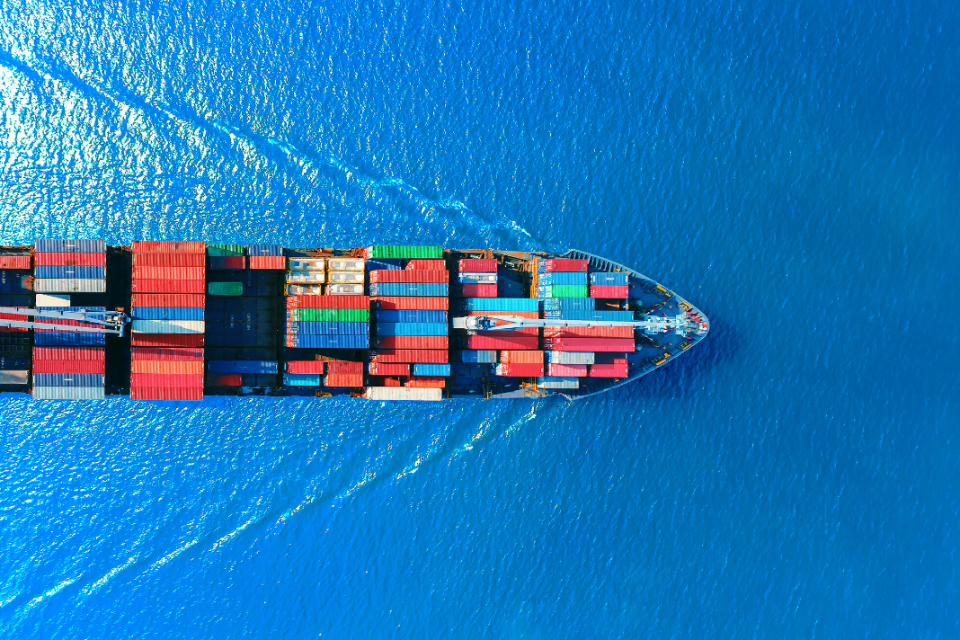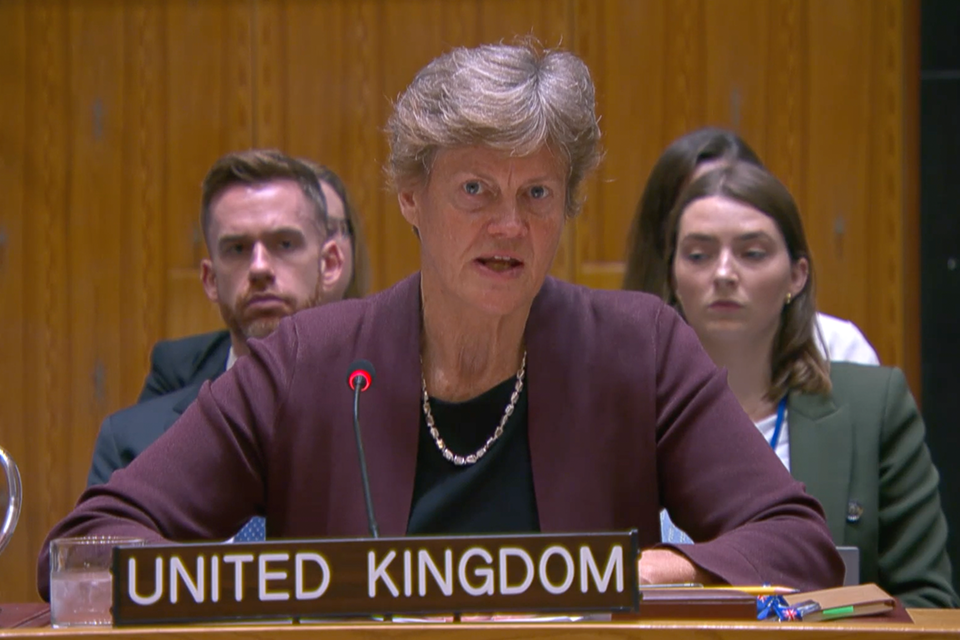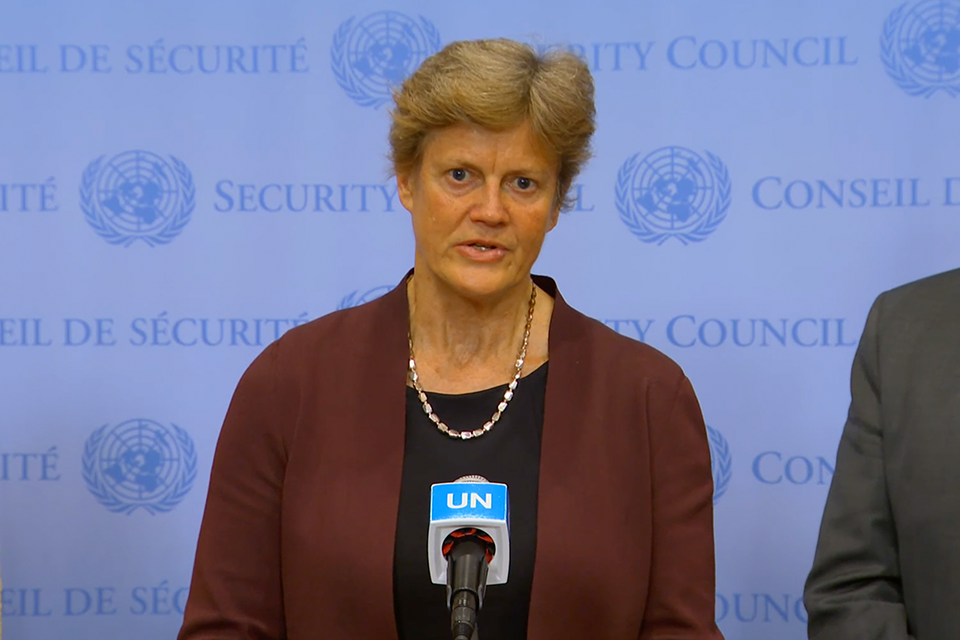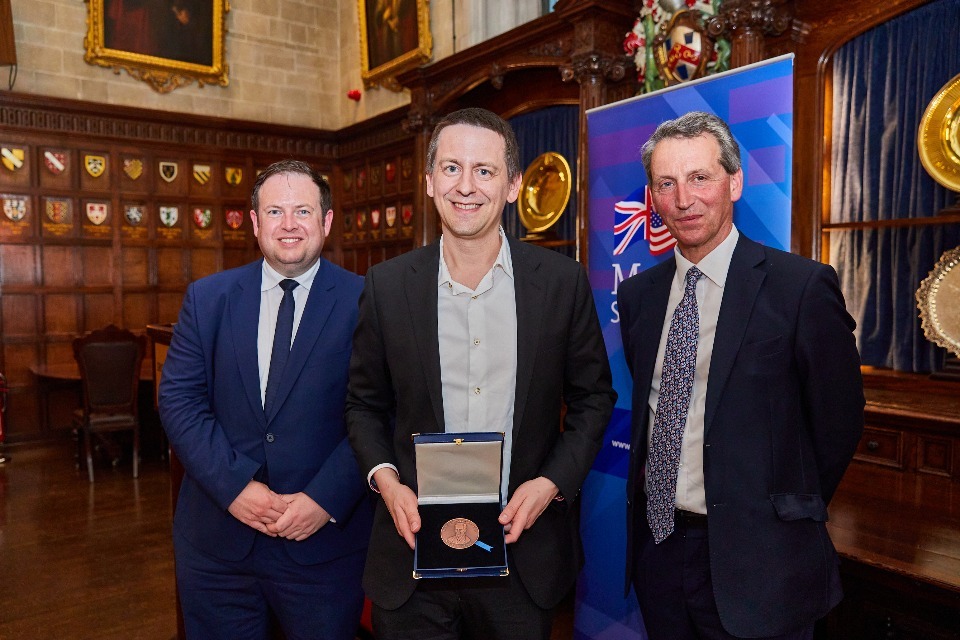The launch of the Department for Transport’s Maritime Decarbonisation Strategy is enforcement of just that, outlining ambitious goals for the maritime sector. This includes reducing fuel lifecycle greenhouse gas emissions by 30 per cent by 2030, 80 per cent by 2040, and achieving zero emissions by 2050.
From supporting the Clean Maritime Demonstration Competition, which funds a diverse range of sustainable projects, to welcoming the world’s first dual-fuelled ammonia-powered vessel to the UK, the MCA is already at the forefront of supporting and developing these significant changes to the maritime sector.
Marine Guidance Notice 664 is just one important example of the MCA’s work in this field, which has enabled around 25 vessels using emission reduction, autonomy and other forms of ‘smart’ maritime technology to be considered using a flexible process as an alternative to prescriptive requirements.
MCA Director of UK Technical Maritime Services Fraser Heasley said
Decarbonisation in the maritime sector has always been a priority for the MCA, with our experts advising on future fuels, the placement of wind farms, green shipping corridors, and training a new generation of green seafarers, but there is always more work to be done.
We welcome the Maritime Decarbonisation Strategy, and look forward to working further with DfT, industry, ship owners and operators, energy companies, investors, and research centres, to make the goals of the strategy a reality.
Read more about DfT’s Maritime Decarbonisation Strategy here -Course charted for carbon free shipping by 2050 – GOV.UK.








